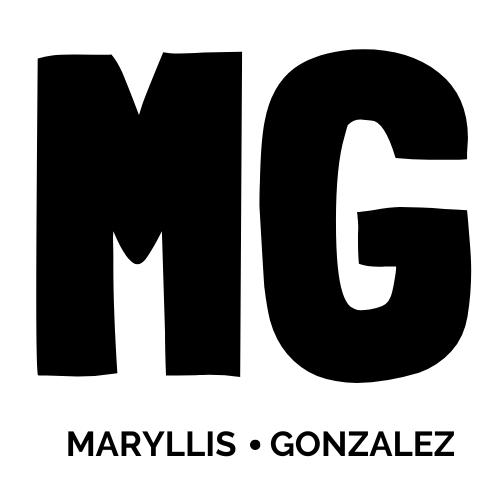Positive Replacement Therapy
This blog is especially dedicated to all my anxious, depressive and stressed out fellows out there. Every word here, is for you, for all the things we have a in common, for all those restless nights and wasted tears. To you all, I gift this article. To you all I say: being miserable is your choice, addictive and it’s 100% all your doing. It’s not your hormones or your parents, or how much you got bullied in school.
Being miserable is a daily practice that us the anxious, depressive and stressed out have practiced over the years to perfection.
Why is it addictive? Because anything that give us a sense of certainty, connexion and sense of self-importance will get us hooked, like that very first cigarette you lit in your teenage years just out of curiosity or to impress your peers.
Why is it our choice? Because over and over again, and since the 1960’s, neuroscientists, psychologist, mental health practitioners and spiritual leaders gather findings about the power we have over the language we use to describe our problems, the magnitude of our perception and the correlation between our feelings and actions.
Why is 100% our doing? Because at some point in time we believed the story of happiness and that we should all be happy. Well, no, we shouldn’t always be happy and pursuing happiness as the ultimate goal in life is a path of total misery. Happiness is a temporary emotion and, as such, it’s not meant to last.
1) So there first technique to overcome anxiety that I have found works every time, is precisely that, to make myself aware that I’m having a bad moment. It’s just a moment, which doesn’t define me or my whole day. It’ll pass and the more I allow the thought of being miserable to stay and make a racket, the worse I will feel. What I don’t do is ignore it or play some positive thinking affirmation phrase. Nope, if there is an event that affects me, I let it be and make only about enough room for it. I ask myself: is this a reaction? What am I protecting myself from? Does it make sense? Paying just enough attention gives me perspective and a capacity to own my thoughts. Emotions will rise, but their power over me and my day, well I get to decide that.
2) Cry baby, cry. Sometimes fear, doubt, sadness and stress do make sense, in those cases: I will let it all out. Putting a lead on your emotions has no purpose and pretending certain events, people or words do not affect us is not human. From a physical perspective, crying doesn’t promote recovery, it doesn’t increase our heart rate, neither does it promote any metabolically shedding of toxicity or hormonal release. What crying does is to soften the world around us and encourages social empathy. “When you cry, we all cry together, when you fall, we all fall with you”.
3) If I think it, I write: I have pages upon pages on my journal of undelivered letters to my ex, my parents, friends and work colleagues. Overthinking hypotheticals is a skill all the anxious out there, like myself, practice regularly. All those made-up catastrophic ends tend to lose power the moment we write them down. Three things happen after journaling: the weight of the emotional baggage tends to shred down, we activate our emotional intelligence and are more capable to see things as they are: mindfulness; induces better sleep.
4) In case of emergency, call a friend: a couple of days ago I was chatting with my friend Erin about ‘my people’. ‘My people’ is an extremely short list which encircles the four people I can call, tell and share anything with. Their opinions, kind thoughts and love for me are bullet proof and unconditional. Who is on your list?
5) Music is healing for the soul: I have a playlist of power songs, when all the above fails, when the phone rings and there’s no answer, music is always a remedy for me. Anything with a good beat, great cheer me up lyrics and Latin vibes. I dance like no one is watching and sing out loud.
Overcoming this addiction is work, daily work for that matter, and there are no shortcuts. I don’t think positive thinking helps, but clarity does. Seeing the difference between what is real and what our emotional creativity invents. Understanding our emotions and calling things by their name.
Above all, is to spot the joyful moments and make room for them the same way you make room for stress, it is in this space where the calmness comes back, when balance returns and when the world becomes a happier place.
